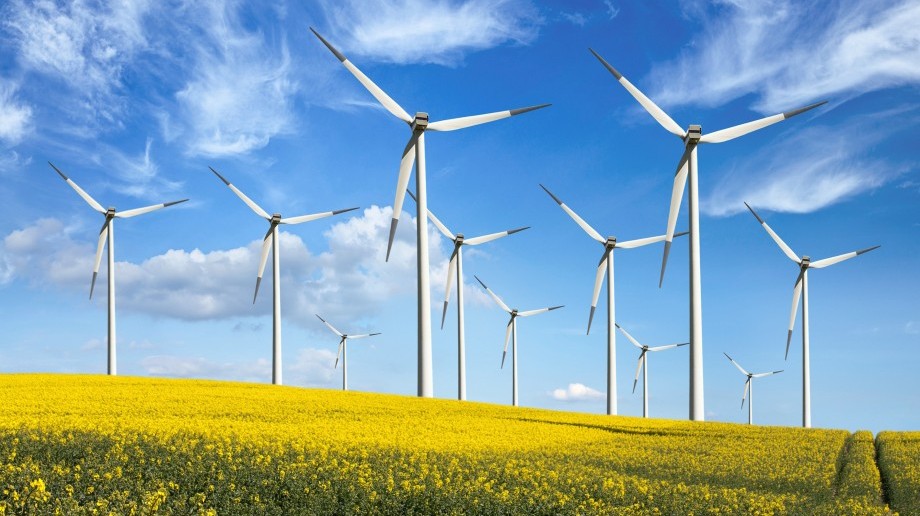
Israel has made significant progress in moving away from coal against the backdrop of complex challenges. Its population has been growing rapidly, faster than in most other OECD countries. Its economy also continues to grow. These positive trends are driving the demand for energy and require Israel to increase its electricity generation. Furthermore, Israel is an “energy island”, as it is currently not connected to any international electricity grid. This means it needs to meet 100% of its electricity demand domestically.
Coal power plants have been an important part of the energy system in Israel since its establishment in 1948. They have provided up to 75% of the country’s electricity generation. Since 2013, Israel has been aggressively transitioning to cleaner and more efficient energy sources, including natural gas and renewables.
Israel’s 2030 Energy Plan – released by the Ministry of Energy in 2018 – included a commitment to phasing out coal by 2030. In 2020, the Ministry of Energy set an even stricter deadline – 2025. The use of coal has already decreased from 60% of electricity production in 2010 to 30% in 2018. The fast progress on reducing coal generation has cut Israel’s greenhouse gas emissions by 13% since 2010.
In June 2020, the Minister of Energy announced that the 2030 target for renewable energy would be officially raised from 17% to 30%. Under the new plan, solar energy will account for 90% of renewable power generation, due to the country’s favourable geographical position. Within 10 years, Israel is planning to construct solar energy and power storage installations on a scale equivalent to all existing electricity production in the country today. This will require an estimated investment of more than US$23 billion over the coming decade.
The increased renewable energy target will allow Israel to cut carbon emissions faster than previously planned (the target is a 26% reduction in GHG emissions by 2030 from 2005 levels). It will also cut air pollution by 93% in comparison with 2015.
In the recent years, new natural gas fields have been discovered in Israel’s offshore. This led Israel to increase its reliance on natural gas for most of its electricity production and allowed the start of gas exports to Jordan and Egypt at the beginning of 2020. A Memorandum of Understanding in relation to the EastMed Pipeline Project was signed at the beginning of 2020 as well, which could allow Israel to export gas to Europe.
Government targets for 2030:
- GHG emission reduction – 26% reduction in GHG emissions by 2030 from 2005 levels.
- Renewable energy – 30% of electricity produced from renewables in 2030.
- Transition to alternative fuels – promoting the usage of electric cars and buses, and the usage of LNG for heavy transportation.
- Energy Efficiency – a reduction of 17% in electricity consumption compared to the “business as usual” projection in 2030.
Key milestones towards coal-free electricity in Israel:
- Emission permits for coal units – As part of emission permits granted to coal power stations by the Ministry of Environment in September 2016, electricity production in all coal units was restricted until emission reduction technologies upgrades were completed. The permits set a limit of 24.3TWh of electricity generated from coal.
- Cancellation of Project D – In 2017, following a consultation process with the Electricity Authority, the Minister of Energy decided not to build new coal-fired power stations in Israel. In light of the gas discoveries, the funds were assigned to gas power plants instead.
- Policy to reduce production of coal units – The new operating principles introduced in 2017 require prioritizing renewables and natural gas electricity production, over coal. The principles have reduced operating hours of most coal power stations, limiting coal electricity production from 29.2TWh in 2015 to 20.8TWh in 2018.
- A Government Decision on Units 1-4 in ‘Orot Rabin’ – According to a government decision from 2018, units 1 to 4 in the “Rabin lights” facility will cease to operate by June 2022. The closure is expected to reduce coal electricity production by an additional 6TWh, to only 14.3TWh per year.
- The Electricity Market Reform of 2018 increases competition in the electricity sector, providing an opportunity to expand renewables.
- Israel has deregulated renewables by shifting from a licensing to an auction regime. Well-designed auction systems brought additional 1500 MW installed in solar power plants, while allowing to significantly reduce subsidies. Additional solar capacity was added by introducing subsidies to small rooftop installations.




